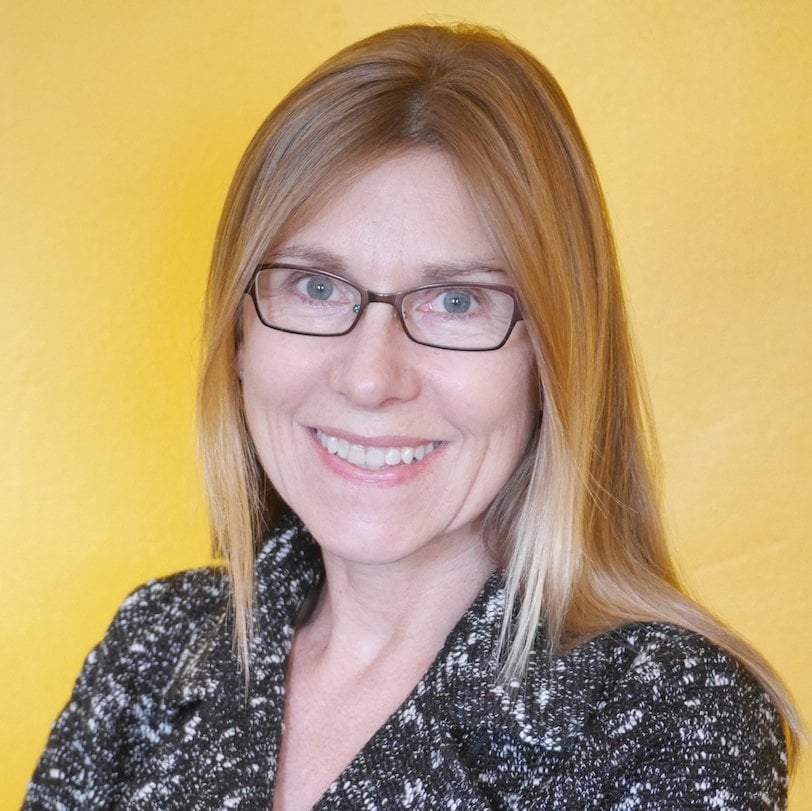Planning for dying and death is a conversation most Americans avoid. Even though talking through and documenting your wishes about end-of-life medical care has been shown to benefit patients and caregivers, only about one in three US adults have created advance directives, like living wills and other legal documents that inform care when a person can’t communicate their own wishes.
As in so many aspects of the US healthcare system, there are racial disparities, too. Among older Americans, just 24 percent of Black people had advance directives according to a 2014 study, while 44 percent of white people did. That means families of color may miss out disproportionately on the benefits advance directives can provide, from giving patients a stronger voice in their own care to relieving stress on family members.
A program in Oakland, California set out to change this — and has recently expanded to Los Angeles on the strength of its positive results.
Since 2015, the Alameda County Care Alliance has run a free Advanced Illness Care Program (AICP). Founded with local Black churches, the program offers individualized support for people with advanced illnesses and their caregivers. AICP’s trained care navigators belong to the same communities as the participants, helping to build trust in people often wary of the intentions of medical care and research systems.
With five to 12 meetings over six months, care navigators provide structured guidance and assistance in navigating a variety of life issues, from helping locate social services to working through the disquieting questions necessary to create advance directives.
AICP has served more than 1,600 patients and caregivers so far. Three-quarters of participants have been African American, and 55 percent — far above national averages — have gone on to complete advance directives.
Navigating quality of life
Most clients hear about AICP through local churches, whose leaders were instrumental in identifying the need for a program that creates a bridge between church and health care for those facing advanced illness.
The average age is late 60s, but clients have ranged in age from 35 to 101, as illness can strike at any time and caregivers may be younger family members. In some cases, when impairments like dementia or stroke render patients less able to interact, the primary client is the caregiver.
AICP care navigators are trained to offer guidance in several areas: health, spiritual, social, caregiving and advance care planning.
For instance, they help clients get what they need out of doctor visits.
“The clinical visit tool helps them organize their thoughts: ‘What do I want to ask the doctor, what do I want to tell the doctor, and what do I want the doctor to do?’” says care navigator Jae Williams, who joined the AICP team in 2021.
Weighed down by negative news?
Our smart, bright, weekly newsletter is the uplift you’ve been looking for.At the same time, the care navigator may assist with day-to-day issues like transportation or meal delivery.
“We try to cover everything, so their overall quality of life can be better,” says Williams.
Being African American herself and having deep roots in the local area helps Williams build rapport and trust with AICP participants.
“I see reflections of my own family in the individuals I work with, and that’s very powerful,” she says. “It’s very meaningful to me to be serving the Black community in the East Bay. I knew this work would help me make meaningful change. That the majority of my clients are Black is amazing.”
Trust can be lost and gained in small ways, she notes. She recalls one client who responded gruffly, even suspiciously, in their first few interactions. The man’s height meant using a walker forced him to hunch over. Through AICP connections at a partner church, Williams was able to find the extra-tall walker he needed.
“It was like a switch flipped. His whole demeanor changed. He saw we could come through with help,” she says.
The delicate art of advance care planning
When it comes to advance directives, participants could be at any stage of awareness, from complete unfamiliarity with the concept, to rejection of the idea, to understanding its value but simply not having gotten around to taking action.
“A lot of times our people don’t want to come together and talk. We’ve got to pull the family together, talk about it, what do you want?” says Rev. Jesse Land, one of AICP’s care navigators. “[And] put it in writing.”
The conversations can be difficult. Helping someone else contemplate future situations in which they would be unable to talk or make decisions is a very delicate matter.
“We have to be as sensitive as possible, because it’s so difficult to consider. It takes getting to know them, finding out what is the source of that anxiety or aversion, and how I can break through that,” says Williams.
To help, the AICP team created a detailed, 23-page Care Planning Workbook, designed with the input of ACCA leadership, care navigators and pastors. The workbook, which also is available to the public as a free download, includes information on what end-of-life treatments are available and guidance on how to have discussions with family, friends and clinicians and select a health care agent.
The workbook’s initial questions prompt people to identify simple things that make life worth living. For some, Williams says, that might be knowing their great-grandchildren or being able to get outside every day. And that discussion opens a path to some deeper and more difficult questions.
“What would it mean if you weren’t able to do those things anymore? We get into some difficult questions about end of life, and about extending life vs. improving the quality of life,” Williams says. “So for instance, needing someone to feed or bathe them — that’s when some people might say, ‘No, not that.’ And now the caregiver understands that.”
A common fear she hears is that creating an advance directive will place a burden on the family member named as the health agent.
“We frame it as empowerment,” Williams says. “We talk about being really clear about your wishes and making sure your loved ones know this, and how that actually makes things easier on your loved ones.”
Training and support
Care navigators go through an 80-hour training program, says AICP Program Manager Valerie Steinmetz. There’s ongoing support with regular meetings to troubleshoot cases and share tips, especially on issues that come up around advance care planning.
“Many of our participants haven’t heard of advance care planning before and may have misconceptions about what it is. Many have medical mistrust,” says Steinmetz. “[But] if wishes are not documented, it can lead to care that may not have been wanted or more pain and suffering that may not have been needed.”
One of the AICP program advisers is Dr. Jessica Zitter, an ICU physician at Highland Hospital in Oakland and an advocate for better end-of-life care. Zitter was featured in “Extremis,” a documentary showing her experiences caring for people in grave medical condition and the family members who must make agonizing life-or-death decisions on their behalf. The short but harrowing film is shown as part of staff training.
Zitter helped ACCA create a discussion guide that can be used after watching the film, Steinmetz says, something that’s especially valuable for faith leaders. Evaluation of AICP by the University of California-Davis revealed that more than 90 percent of participants identified as “spiritual.”
“Pastors and faith leaders are often called in at the bedside at the end of life, so this is something they’re very familiar with. Being able to move these conversations earlier, and to integrate the pastor and faith leader into end-of-life in partnership with health care leaders, is something that’s another focus of ACCA,” Steinmetz says. “We can move this needle of advance care planning.”
Growth and expansion
From the original hub of five African American-led churches, the network has expanded to some 40 churches across the Bay Area and beyond. A growing number of participants are Latino. Today, clients are referred by community and health organizations as well, and the team is working to increase Spanish-language capacity. AICP recently expanded to Los Angeles, after a 2021 gathering of faith and health leaders there identified a local need.
The outcomes from the Bay Area AICP impressed a major LA County health plan, which provided a funding grant for the AICP expansion and a vote of confidence in the program.
“We like to fund innovative projects, and the care planning work ACCA does is novel,” says Shavonda Webber-Christmas, L.A. Care’s director of community benefits. “They are able to bridge the trust boundary with individuals who ordinarily are not quick to get an advance care directive.”
She adds, “The data they’ve shared [on advance directives] — you just don’t see those type of numbers. So we know the folks are trained well and connecting with people, making them feel safe enough, and to consider their lives worthy enough, to make these plans.”











